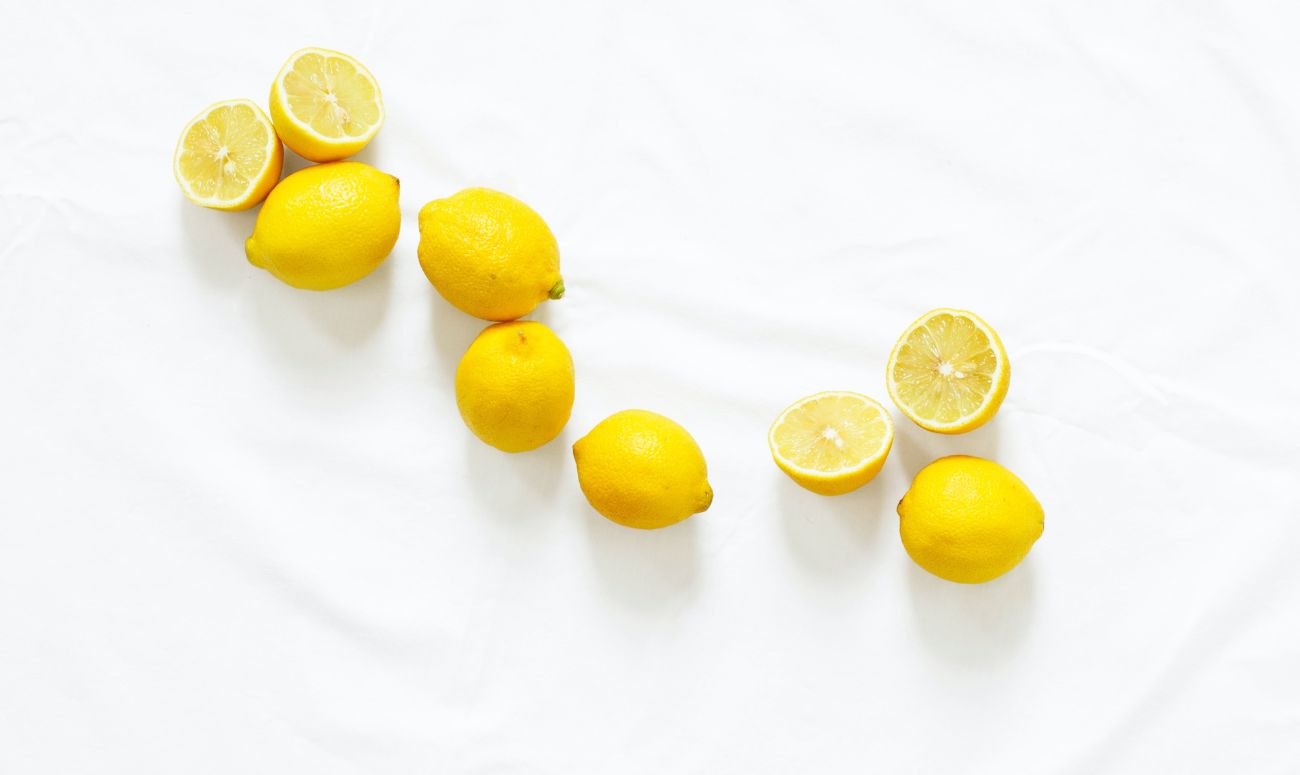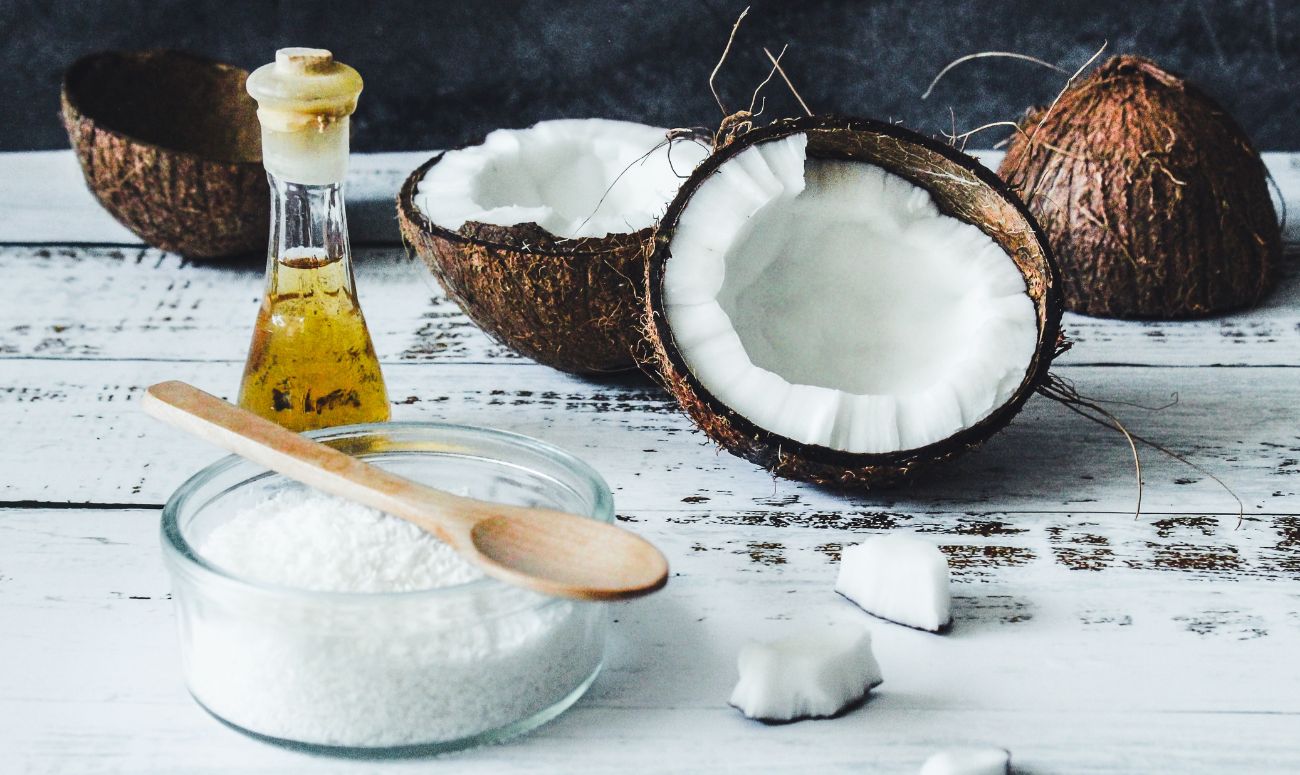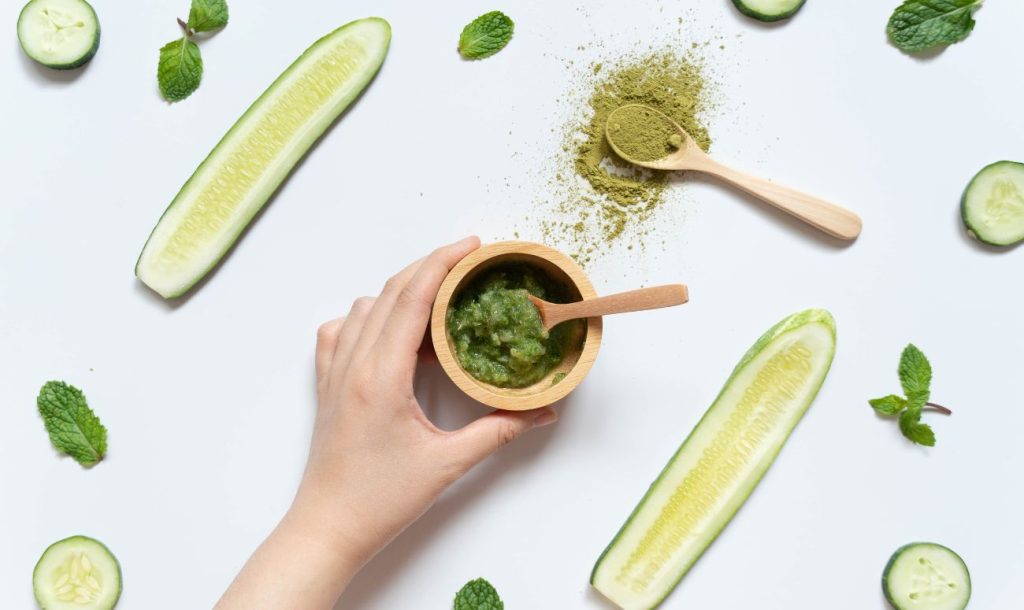While some DIYs may be inexpensive and often successful, it’s vital to understand that not all skin types respond well to these DIY natural skincare home cures. They can easily damage the skin, leaving a lasting impact. That’s why everything that’s labelled “organic” and “all-natural” cannot be beneficial for the body.
Here are some common DIY skin-care ingredients that can cause far more harm than good to your skin and should be avoided.
7 Natural Skincare Ingredients That Do More Harm Than Good
1. Turmeric
Turmeric is usually used as a face mask and can leave a temporary yellow tint or residue on the skin. Direct skin contact may result in swelling, redness, and irritation. The fact that turmeric is a natural product does not guarantee that it will have the desired effect or be safe for your skin.
2. Aloe Vera
Although aloe vera gel can be used as a natural skincare ingredient to moisturise or treat, it frequently causes adverse reactions in most people, including skin rashes, eye redness, eye discomfort, and burning sensations. It also contains latex, which can irritate the stomach and result in cramping, low potassium levels, and gastrointestinal irritation.
3. Lemon Juice
Adding lemon juice to your face pack, which has a pH of 2, can help get rid of dark spots and pigmentation. But it also has the ability to alter the normal pH of your acid mantle, which could lead to skin irritation, hyperpigmentation, and UV sensitivity. It can make your skin more sensitive when exposed to the sun, possibly resulting in a chemical burn that might harm your skin permanently and cause excruciating pain.

4. Charcoal
Charcoal can remove excess oil and moisture from the skin’s surface, which might cause flaking or irritation. While using a charcoal sheet mask on your skin is generally harmless, there are a few safety considerations to bear in mind. Limit your use of the mask. Once or twice a week is plenty. Using it more frequently could make your skin dry.
5. Sandalwood
Sandalwood oil is mainly used in different face masks, and although it can be applied to all skin types, sandalwood might irritate extremely sensitive skin. Before applying to inflamed areas, make sure to do a patch test to check for an allergic reaction.
6. Coconut Oil
A lot of people use coconut oil as a moisturiser during the winter, but little do they know that it is strongly comedogenic and can plug your skin’s pores. The molecules in coconut oil are far too large to be absorbed into the skin, so when you apply it, it merely rests on the surface. Since the pollutants in your skin are unable to leave, sebum becomes stuck in the pores, resulting in blackheads and breakouts. Additionally, coconut oil might make your skin greasy.

7. Sugar
Sugar’s ability to prematurely age your skin is among its most harmful consequences. Body scrubs made out of sugar can break down collagen and elastin, the proteins that give your skin its form, structure, and firmness. Your skin might start to seem aged, sagging, dry, and lifeless.
Despite the appeal of DIY skincare, consulting a professional is the best course of action to prevent any mistakes. Numerous skin conditions that a typical person may not discover are brought on by the diversity of skin types. Dermatologists are best prepared to assist patients in understanding their skin and any problems they may have because they are knowledgeable about all types of skin.
Read More: What Is Om So Hum Mantra? Meaning And Benefits
Like & Follow ThinkRight.me on Facebook, Instagram, Twitter, Pinterest and Telegram to stay connected.






























